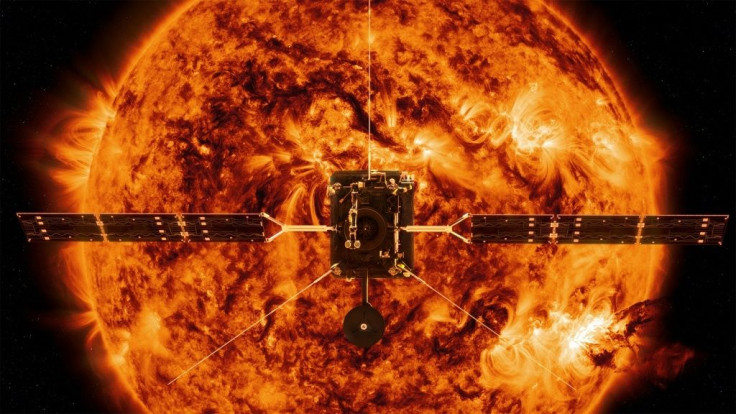ESA Suspends 4 Active Space Missions Due To COVID-19 Pandemic

KEY POINTS
- An ESA employee in Germany tested positive for COVID-19
- ESA has implemented telecommuting operations for its employees
- ESA has suspended the science operations of four active space missions
Due to the worsening state of the COVID-19 pandemic, the European Space Agency (ESA) has decided to temporarily suspend some of the scientific operations of four of its active space missions. Some of the projects affected by the suspension are the ESA’s current missions on Mars.
After being named as the epicenter of the outbreak, Europe has started implementing stricter national, regional and local guidelines to prevent the spread of the virus. These new guidelines and restrictions, as well as a COVID-19 confirmed case within ESA’s workforce, has forced the agency to implement telecommuting operations for its employees.
As confirmed by the ESA, it has decided to significantly reduce the number of active personnel working at its mission control center in Darmstadt, Germany, after an employee there tested positive for coronavirus.
Since the center handles most of the operations of the ESA’s Solar System science missions, the reduced workforce has prompted the ESA to scale down the activities of some of its active projects.
“Our priority is the health of our workforce, and we will therefore reduce activity on some of our scientific missions, especially on interplanetary spacecraft, which currently require the highest number of personnel on-site,” Rolf Densing, the Director of Operations for the ESA, said in a statement.
One of the missions that will be affected by the suspension of operations is Cluster, which is a four-spacecraft expedition launched in 2000 to study Earth’s magnetic field and how it’s affected by particles from the Sun.
The scientific operations of ESA’s current missions on Mars, namely the ExoMars Trace Gas Orbiter and Mars Express, will also be affected by the outbreak. Lastly, the ESA has also decided to reduce the operations of Solar Orbiter, a mission that was recently launched last month. The mission is currently on its way to study the Sun.
According to ESA’s Director of Science Gunther Hasinger, scaling down the operations of these missions was a necessary move to ensure public health safety.
“It was a difficult decision, but the right one to take,” he stated. “Our greatest responsibility is the safety of people, and I know all of us in the science community understand why this is necessary.”
© Copyright IBTimes 2024. All rights reserved.





















